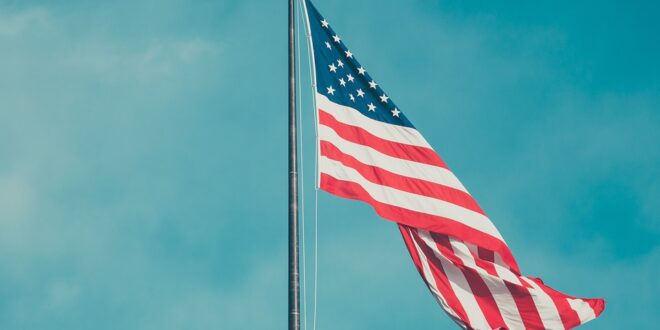The Top 10 Most Controversial Elections in History: A Closer Look
1. The 2000 US Presidential Election
The 2000 US Presidential Election, between George W. Bush and Al Gore, was a nail-biting experience. It culminated in an electoral standoff that led to the Supreme Court intervening to grant victory to Bush.
2. The 1917 Russian Presidential Election
Russian voters elected a Legislative Assembly initially, but when Vladimir Lenin’s Bolshevik Party emerged as the winner after the presidential election, they expeditiously abolished the assembly-consigning hundreds of delegates to jail and calling for re-elections.
3. The 1994 Mexican Presidential Election
In the 1994 Mexican Presidential Election, billions of dollars disappeared from President Carlos Salinas’ campaign fund, suggesting that it was a rigged process, even though Ernesto Zenteno of the PRI eventually won the election.
4. The 1960 US Presidential Election
John F. Kennedy defeated former vice president Richard Nixon, however, the victory did not come without controversies, mainly because of reported roadblocks and inconsistencies in Chicago.
5. The 2004 Ukraine Presidential Election
The 2004 Ukraine Presidential Election was marred by voter intimidation, suspicious phone calls threatening people who they would vote for, and accusations of other malpractices.
6. The 2003 Maldives Presidential Election
In the 2003 Maldivian Presidential Election, the former president sought to assure he returned to control despite his commitment to surrender power. Investigations decreed that an assortment of people bought votes.
7. The 1824 US Presidential Election
Andrew Jackson of the U.S won the most popular vote in the 1824 Presidential Election for the U.S, but as none of the eligible presidential hopefuls received an absolute majority, the decision of the election went to John Quincy Adams, who certainly had no prior electoral performance before.
8. The 1860 US Presidential Election
When Abraham Lincoln became President in the 1860 Presidential Election, his ascent formed the grounds for a tremendous array of public opposition, which quickly led several states to pull away from the Union and for the Civil War.
9. The 1988 Chilean Presidential Election
The Chilean junior officers filled elite Santiago wine club meetings grew disillusioned by Pinochet’s lengthy domination since many witnessed firsthand barbarous repression of the U.S-backed dictatorship in the 1988 Chile Presidential Election.
10. The 2009 Iranian Presidential Election
The 2009 Iranian Presidential Election stirred an unprecedented level of international and local controversy with Mahmoud Ahmadinejad generating turbulence that permeated through several local protest marches in days leading up to his triumph over his opposition candidate, Mir Hossein Moussavi.
Conclusion
While these elections took place in various countries at several periods, each represents significant events in history. Amid widespread calls for balanced and free elections, more situations of contested electoral processes, bias in speeches, and other election fraud are still tolerated throughout the world, leading people and political leaders to demand reform for next elections.
 Mind Uncharted Explore. Discover. Learn.
Mind Uncharted Explore. Discover. Learn.



